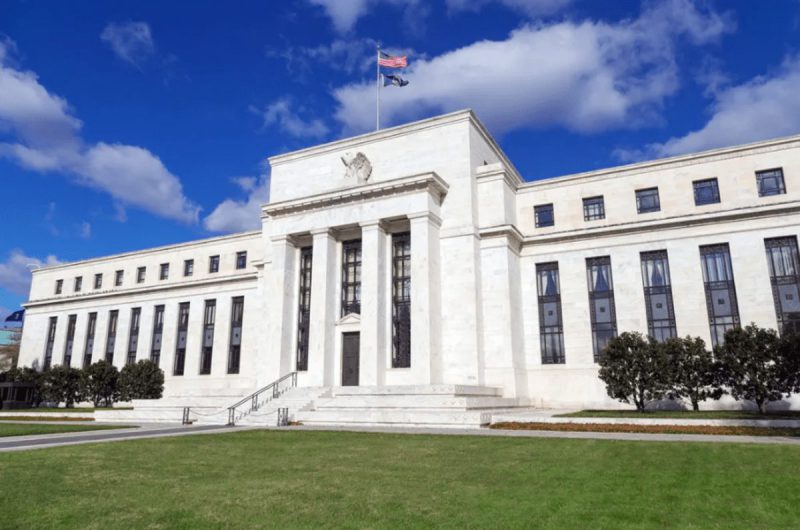The successive collapse of well-established financial institutions in the U.S. managed to instill fear among depositors and investors. At the moment, companies with their toes immersed in the banking space continue to experience funding strains. As a result, they’ve started leaning on the Federal Reserve for support. According to data published by the Fed, U.S. banks have borrowed a total sum of $164.8 billion from two Federal Reserve backstop facilities over the past week.
Also Read: Fed ‘Stands Ready’ to Provide Liquidity to Eligible Institutions
Borrowings escalate to record highs
As far as the breakdown is concerned, $152.85 billion was borrowed via the discount window or the traditional liquidity backstop for banks. The figure marked a new record high. For context, banks together borrowed only $4.58 billion last week, while the previous all-time high of $111 billion was registered during the 2008 financial crisis.
Additionally, banks have borrowed around $11.9 billion from the Fed’s new emergency backstop known as the Bank Term Funding Program. Launching the BTFP was one of the measures taken by regulators post the Silicon Valley Bank collapse.
The new lending program allows banks to take advances from the Fed for up to a year. This can be done by pledging treasuries, mortgage-backed bonds, and other debt as collateral. By allowing banks to pledge their bonds, banks can carry out customer withdrawals without having to sell them at a loss.
Additionally, to rescue another troubled lender, the First Republic Bank, a host of banks have agreed to inject $30 billion. It includes the likes of JPMorgan, Bank of America, Wells Fargo, Citi, etc.,
Also, it is worth noting that customers have been flooding large U.S. banks with requests to transfer their funds from small lenders. As reported earlier, JPMorgan Chase, Citigroup, and other big financial institutions are trying to accelerate the typical “on-boarding” process. This is being done to accommodate customers who wish to carry out immediate transactions.
Also Read: HSBC, Deutsche Bank, Santander ‘Willing’ To Cater To Crypto Clients





